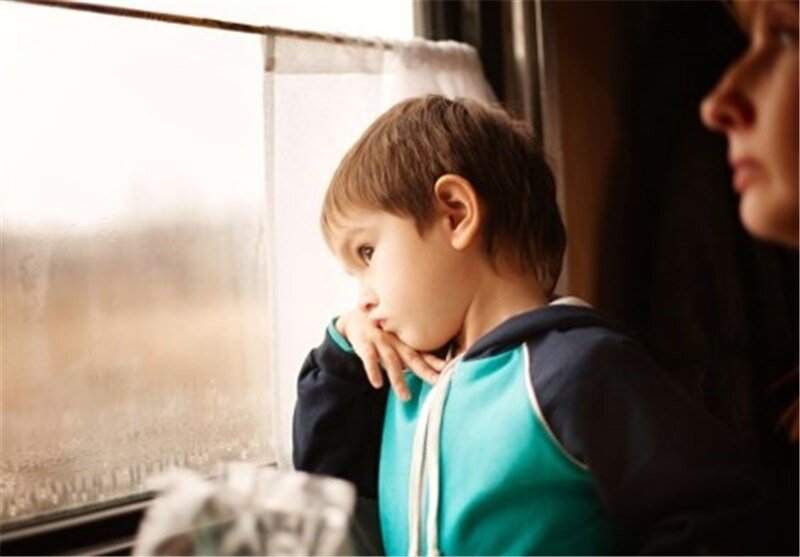
Rewritten Title:
“You Only Live Once”: The Shift to Single-Child Families and Its Sociopolitical Implications in Iran
From Large Families to Single-Child Households: A Cultural Transformation
Once a hallmark of Iranian society, large families symbolized strength, unity, and cultural identity. Homes echoed with the laughter of children, and parenthood was seen as both a sacred duty and a social responsibility. Yet today, amid modern high-rises and urban lifestyles, single-child families have become the norm. This shift reflects not just demographic change but a profound transformation in societal values.
The Rise of Individualism Over Collective Duty
In an interview with sociologist Amanollah Gharai Moghaddam, Mehr News explored the roots of this trend. He attributes declining birth rates to shifting priorities—where self-fulfillment, personal growth, and leisure outweigh traditional familial roles. “Many young Iranians, especially women, argue, ‘I only live once—I want to enjoy my life,’ avoiding multiple children,” he explains.
Historically, child-rearing was a cultural imperative, tied to communal identity. But modernity has ushered in individualism, with many viewing parenthood as a personal choice rather than a collective duty. Women increasingly prioritize careers and personal aspirations, seeing large families as obstacles to self-realization.
Social Media and the “Display Culture” Effect
Digital platforms amplify this shift, promoting material success and curated lifestyles over familial bonds. “Today’s world is about appearances, not substance,” says Gharai Moghaddam. “People measure worth by cars, jewelry, and social media aesthetics—not human values.” This “display culture” diminishes spiritual and communal ties, even in traditionally rural areas.
Broader Consequences: Identity and National Resilience
The trend carries risks beyond demographics. A shrinking workforce threatens economic vitality, while weakened family structures erode cultural transmission. Gharai Moghaddam warns of rising isolation and self-interest: “We’ve entered an era of cultural rootlessness.” Incidents like public indifference to accidents—“Why should I care?”—highlight declining social cohesion.
Reclaiming Values: A Path Forward
To counter this, experts advocate revitalizing cultural narratives. Media could spotlight thriving large families as models of resilience. Policies promoting child-rearing as a social value—paired with education on familial bonds—might realign priorities. “Children are vessels of heritage and social stability,” stresses Gharai Moghaddam.
While global trends mirror Iran’s challenges, proactive cultural strategies could restore balance. The choice between individualism and collective continuity will shape Iran’s societal fabric for generations.
This analysis underscores the need for dialogue on preserving cultural identity while adapting to modern realities—a balance vital for Iran’s future.


